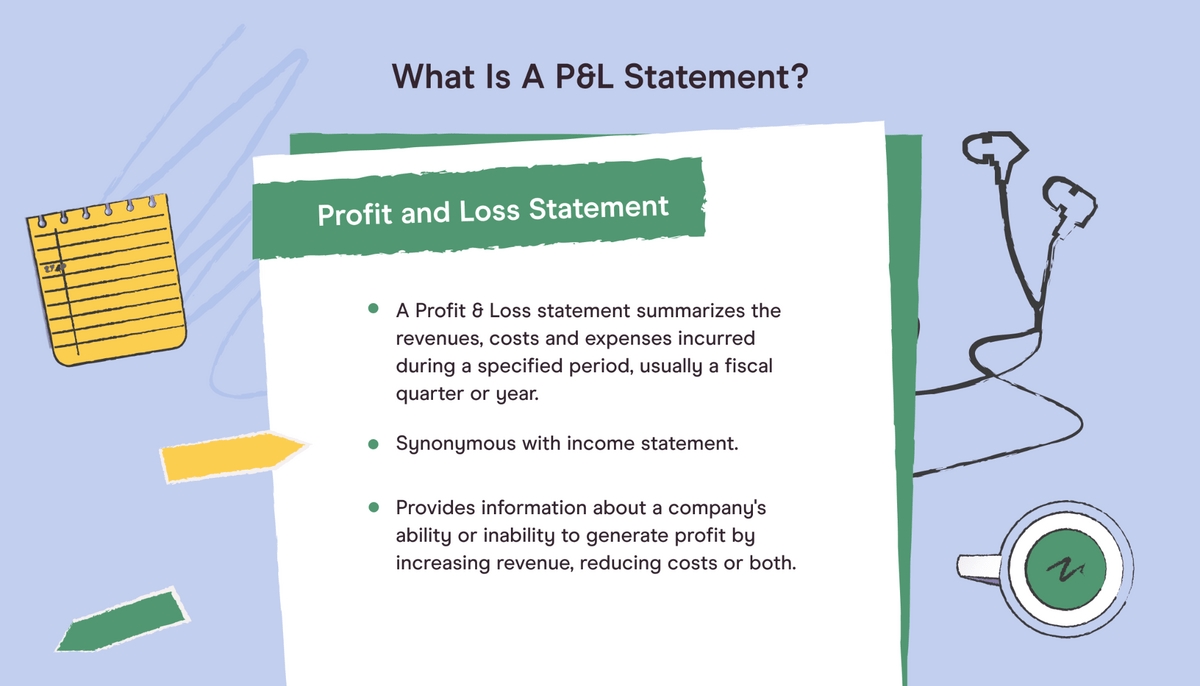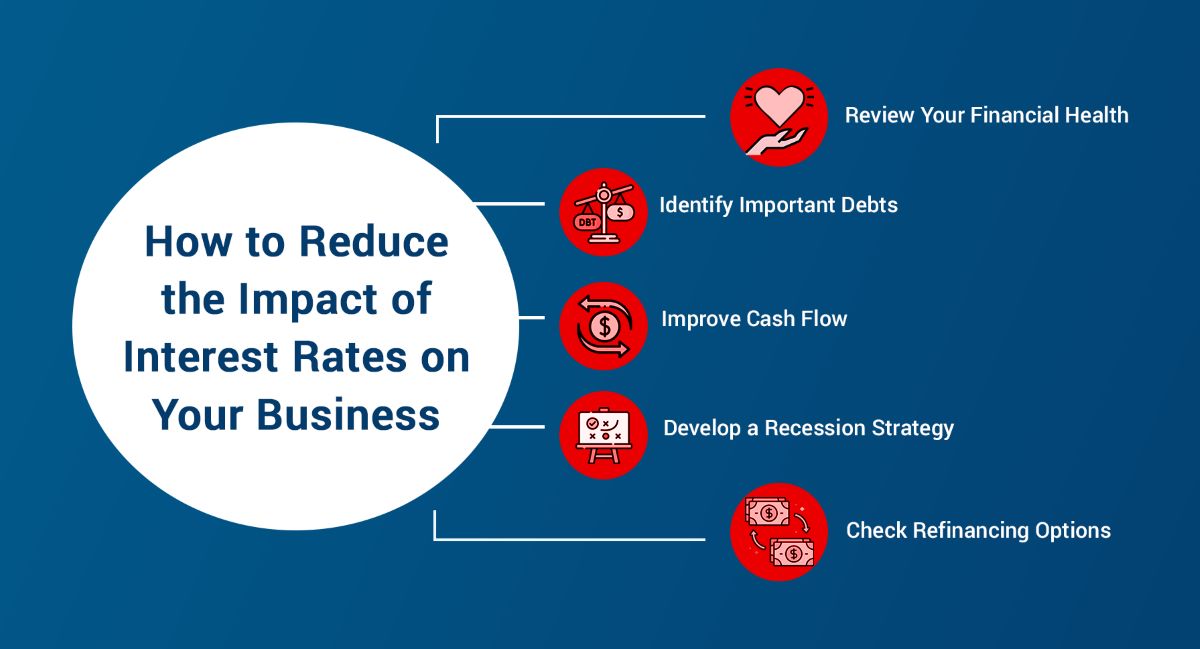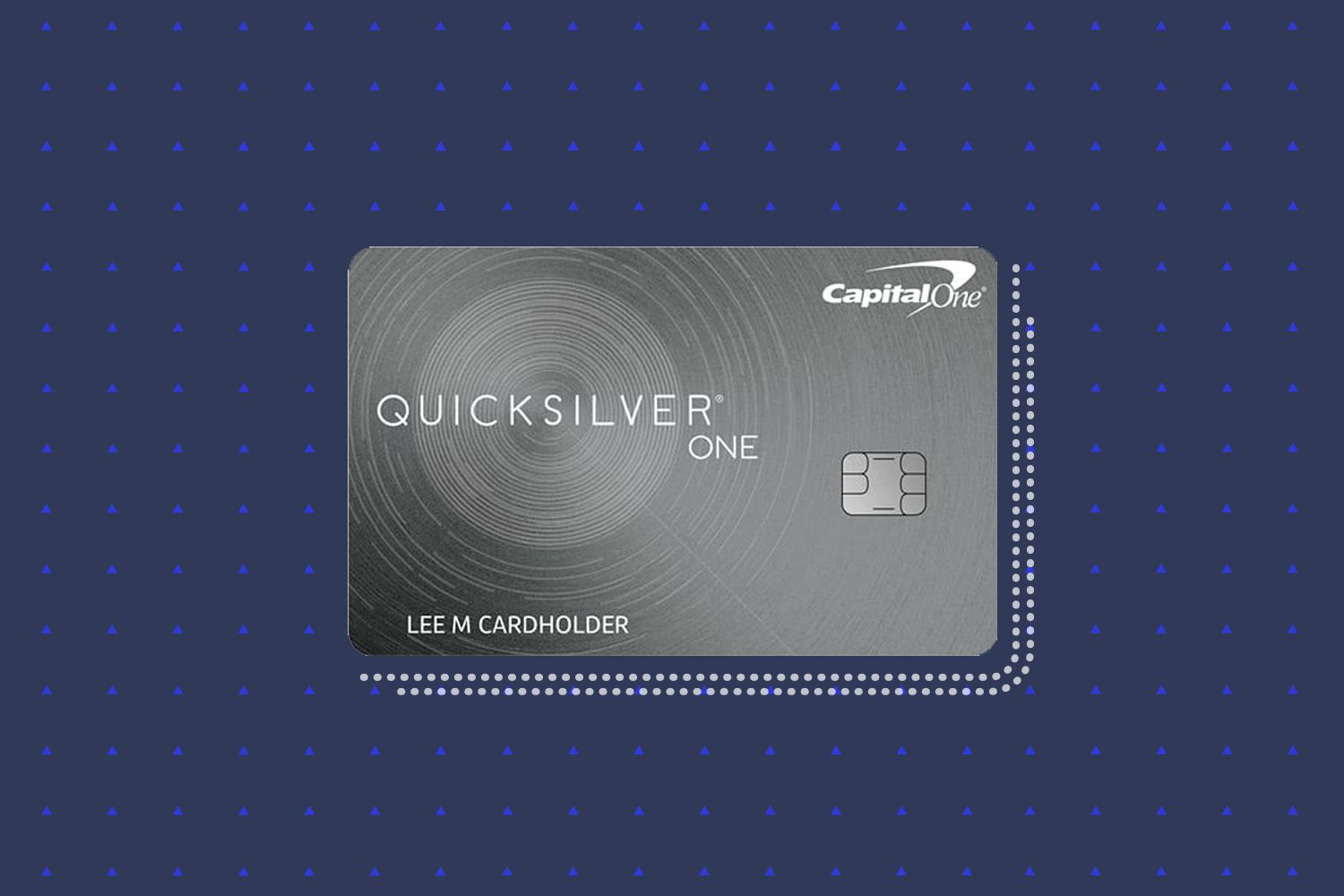Home>Finance>Which Credit Card Has The Best Fraud Protection?


Finance
Which Credit Card Has The Best Fraud Protection?
Published: February 19, 2024
Find out which credit card offers the best fraud protection to keep your finances secure. Compare options and choose the right card for you.
(Many of the links in this article redirect to a specific reviewed product. Your purchase of these products through affiliate links helps to generate commission for LiveWell, at no extra cost. Learn more)
Table of Contents
Introduction
In today's digital age, where financial transactions are predominantly conducted online, the risk of credit card fraud has become a prevalent concern for consumers. As such, the importance of robust fraud protection offered by credit card companies cannot be overstated. When evaluating the best credit card for fraud protection, it's essential to consider various factors, including the measures implemented by the card issuer to safeguard against unauthorized transactions, the ease of reporting and resolving fraudulent activities, and the overall customer support provided in such unfortunate events.
Understanding the intricacies of fraud protection and the varying degrees of security measures implemented by different credit card companies is crucial for making an informed decision. This article aims to delve into the nuances of fraud protection, compare the offerings of different credit card providers, and highlight the key factors to consider when selecting a credit card with the best fraud protection.
As consumers, we entrust credit card companies with our financial well-being, and it's imperative that they prioritize the security of our transactions. With this in mind, let's explore the world of credit card fraud protection and empower ourselves with the knowledge to make informed choices when it comes to safeguarding our financial assets.
Understanding Fraud Protection
Fraud protection encompasses the security measures and protocols implemented by credit card companies to mitigate the risks associated with unauthorized or fraudulent transactions. These measures are designed to safeguard cardholders from financial losses resulting from fraudulent activities, such as unauthorized purchases, identity theft, or counterfeit card usage.
One of the fundamental aspects of fraud protection is real-time monitoring of transactions. Credit card companies employ advanced algorithms and artificial intelligence to analyze spending patterns and detect any unusual or suspicious activities. This proactive monitoring allows for the prompt identification of potentially fraudulent transactions, enabling swift intervention to prevent further unauthorized charges.
Moreover, many credit card issuers offer zero-liability policies, which absolve cardholders of any financial responsibility for unauthorized transactions. This provides consumers with peace of mind, knowing that they are not held accountable for fraudulent charges made on their credit cards.
Additionally, advanced security features such as EMV chips and tokenization play a pivotal role in fraud protection. EMV chips, which are embedded in credit cards, generate unique transaction codes for each purchase, making it exceedingly difficult for fraudsters to replicate card information for unauthorized use. Tokenization further enhances security by replacing sensitive card data with unique tokens during online transactions, reducing the risk of data breaches and unauthorized access.
Understanding the multifaceted nature of fraud protection empowers consumers to make informed decisions when selecting a credit card with robust security measures. By comprehending the mechanisms employed by credit card companies to combat fraud, cardholders can proactively mitigate the risks associated with unauthorized transactions and safeguard their financial assets.
Credit Card Comparison
When comparing credit cards for their fraud protection features, it’s essential to assess the specific security measures and policies offered by various card issuers. Several leading credit card companies provide comprehensive fraud protection, each with distinct offerings tailored to address the evolving landscape of financial fraud.
1. American Express
American Express is renowned for its stringent fraud detection capabilities and proactive approach to safeguarding cardholders. Their real-time monitoring systems swiftly identify and address suspicious transactions, offering a layer of protection against unauthorized activities. Additionally, American Express provides a zero-liability policy, ensuring that cardholders are not held accountable for fraudulent charges.
2. Chase
Chase credit cards are equipped with advanced security features, including EMV chips and sophisticated fraud monitoring systems. The company offers 24/7 fraud monitoring and alerts, enabling cardholders to receive immediate notifications of potentially fraudulent transactions. Moreover, Chase provides zero-liability protection, bolstering the security of their credit card offerings.
3. Citi
Citi credit cards boast robust fraud detection and prevention mechanisms, leveraging innovative technologies to identify and mitigate unauthorized transactions. With features such as Citi Identity Theft Solutions and round-the-clock fraud monitoring, Citi prioritizes the security of its cardholders. Additionally, Citi offers zero liability on unauthorized charges, enhancing the overall fraud protection provided to consumers.
4. Discover
Discover credit cards are renowned for their proactive approach to fraud protection, offering 24/7 monitoring and alerts to promptly address suspicious activities. Moreover, Discover’s Freeze It® feature empowers cardholders to instantly freeze their accounts in the event of misplaced cards or suspected unauthorized use, adding an extra layer of security. Discover also extends zero-liability protection to its cardholders, reinforcing their commitment to fraud prevention.
When comparing credit cards for their fraud protection features, it’s imperative to consider the specific security protocols, monitoring capabilities, and liability policies offered by each issuer. By evaluating these factors, consumers can make informed decisions when selecting a credit card that prioritizes robust fraud protection, ultimately safeguarding their financial well-being.
Factors to Consider
When evaluating credit cards for their fraud protection capabilities, several key factors should be taken into account to make an informed decision that aligns with individual security preferences and financial needs.
1. Real-Time Monitoring: Assess the credit card issuer’s real-time monitoring capabilities, including the use of advanced algorithms and artificial intelligence to detect and address potential fraudulent activities promptly. Proactive monitoring is crucial in mitigating the impact of unauthorized transactions.
2. Zero-Liability Policies: Consider the presence of zero-liability policies, which absolve cardholders of financial responsibility for unauthorized transactions. This policy provides an additional layer of security and peace of mind, ensuring that consumers are not held accountable for fraudulent charges.
3. Security Features: Evaluate the security features integrated into the credit card, such as EMV chips, tokenization, and biometric authentication. These features enhance the security of transactions and reduce the risk of unauthorized access to cardholder information.
4. Fraud Alerts and Notifications: Look for credit card issuers that offer 24/7 fraud monitoring and immediate alerts for suspicious transactions. Timely notifications empower cardholders to take swift action in response to potential fraudulent activities, bolstering the overall security of the card.
5. Customer Support and Resolution Process: Consider the efficiency and effectiveness of the card issuer’s customer support in handling fraud-related issues. A streamlined and supportive resolution process is essential in swiftly addressing and resolving unauthorized transactions, minimizing the impact on cardholders.
6. Additional Security Services: Explore any supplementary security services offered by the credit card company, such as identity theft protection, credit monitoring, and account freezing capabilities. These additional services contribute to a comprehensive approach to fraud protection.
7. User Control and Flexibility: Assess whether the credit card provides features that empower cardholders to exert control over their accounts, such as the ability to freeze or lock their cards through mobile apps or online platforms. User-controlled security features add an extra layer of protection against unauthorized use.
By considering these factors, consumers can make informed decisions when selecting a credit card with robust fraud protection. The convergence of advanced security measures, proactive monitoring, and supportive policies equips cardholders with the necessary tools to safeguard their financial assets and mitigate the risks associated with fraudulent activities.
Conclusion
As the prevalence of digital transactions continues to shape the modern financial landscape, the importance of robust fraud protection offered by credit card companies cannot be overstated. Selecting a credit card with comprehensive fraud protection features is paramount in safeguarding one’s financial well-being and mitigating the risks associated with unauthorized transactions.
By understanding the intricate mechanisms of fraud protection and comparing the offerings of leading credit card companies, consumers can make informed choices that align with their security preferences and financial needs. American Express, Chase, Citi, Discover, and other prominent issuers have demonstrated a commitment to prioritizing fraud prevention through real-time monitoring, zero-liability policies, advanced security features, and proactive fraud alerts.
When evaluating credit cards for their fraud protection capabilities, factors such as real-time monitoring, zero-liability policies, security features, fraud alerts, customer support, additional security services, and user control play a pivotal role in the decision-making process. These considerations enable consumers to select credit cards that not only facilitate seamless transactions but also prioritize the security and protection of their financial assets.
Ultimately, the convergence of advanced security measures, proactive monitoring, and supportive policies empowers cardholders to navigate the digital realm with confidence, knowing that their financial transactions are shielded from unauthorized activities. As technology continues to evolve, credit card companies are poised to further enhance their fraud protection offerings, providing consumers with an ever more secure and seamless financial experience.
In conclusion, the quest for the credit card with the best fraud protection is an endeavor rooted in empowering consumers with the knowledge and tools to safeguard their financial assets. By prioritizing fraud protection and staying abreast of the evolving security landscape, individuals can navigate the digital domain with confidence, knowing that their credit cards are fortified with robust security measures and unwavering protection against fraudulent activities.














